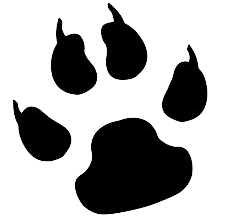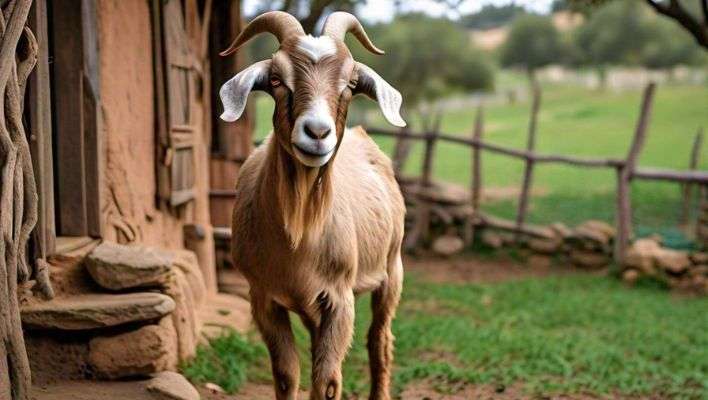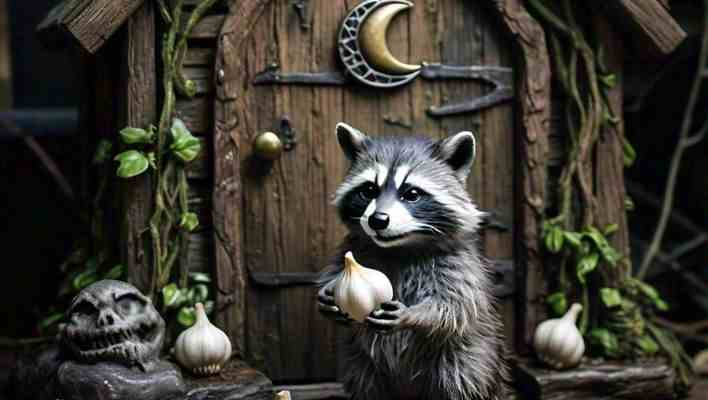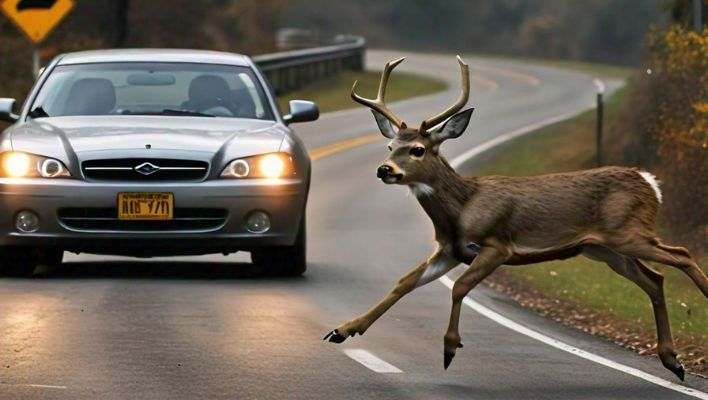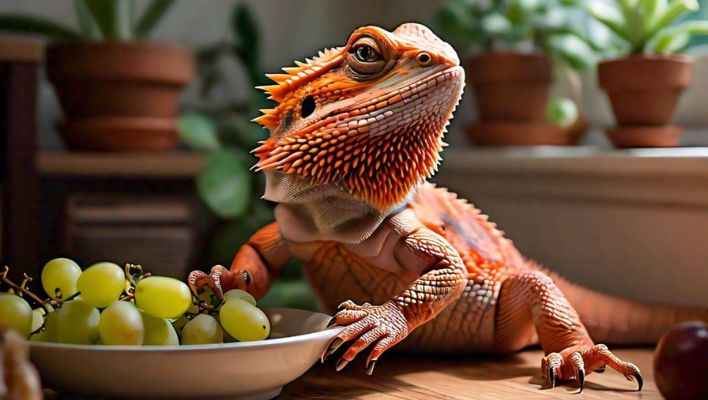Can Rats Eat Cheese? Must-Known Facts for Rat Owners
Can rats eat cheese? If they can, is it okay to give rats cheese as a treat? Cheese is fine in small amounts for rats, but it’s not the healthiest option. If they eat too much cheese, it could give them tummy problems.
Also, remember that cheese doesn’t offer rats all the nutrients they require for the long term. This information could help pet rat owners looking for the right diet.
Knowing which cheeses are safe for rats is important because feeding them the wrong ones can be harmful.
While a small amount of cheese is okay, others, like blue cheese with mold, can be extremely harmful. When you know what your rat likes most, you’ll understand what it considers a treat and what it sees as normal food.
It’s not true that rats prefer cheese the most. Rats love meat because it has all the nutrients they need to stay healthy.
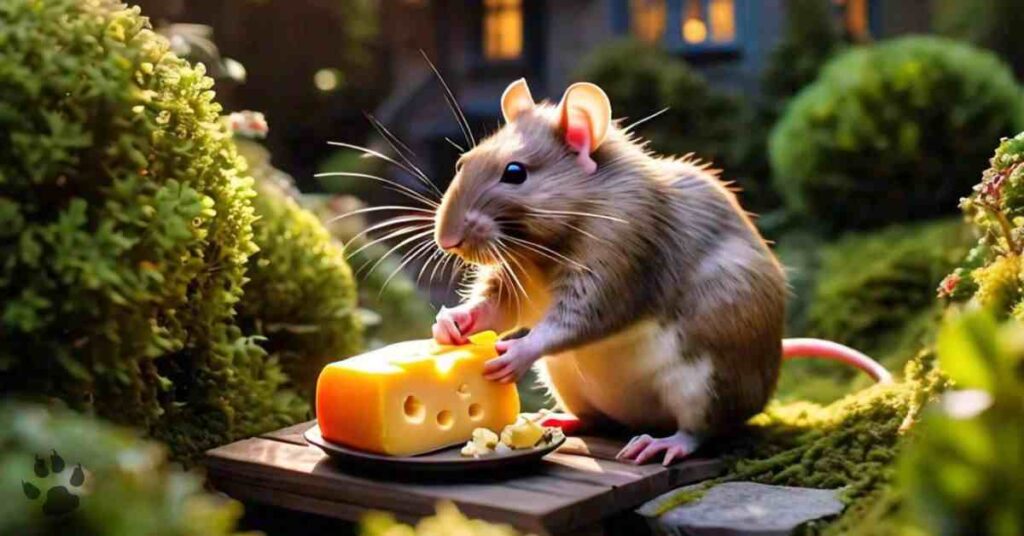
Do Rats Like to Eat Cheese?
People use cheese in traps to catch mice and rats, even though they don’t always prefer it.
Many people think all rats are lactose intolerant, but only some of them are. Hard cheeses can cause digestive problems and might even be a choking hazard.
Rats, eating different foods and guided by scent, will eat cheese if it’s around and has a strong odor. But it’s not often chosen for food because of its sour milk taste.
If you’re dealing with unpleasant odors, you may want to check out our article on How To Get Rid Of Rat Urine Smell.
Why is cheese linked to rodent traps?
- In popular cartoons such as “Tom and Jerry,” cheese is commonly used as bait for traps.
- Nowadays, it greatly affects how rodent traps are shown in movies and shows.
- Naming a popular rat trap ‘The Big Cheese’ strengthens the connection between cheese and catching rats.
- The way movies and pictures show cheese as rat bait has made many people believe and use this idea.
- Using cheese in traps shows a cultural link between rodents and this food.
The Origins of the Myth That Rats Love Cheese
Cheese is eaten by rats for its protein and fat, but they don’t like its smell. Instead, they prefer nuts, meats, and things like peanut butter. Many people mistakenly believe rats love cheese due to old stories from medieval Europe.
During that period, while essential rat foods like meats and grains were stored securely, cheese was often found in places such as caves or sheds accessible to rodents.
People wrongly assumed rats had a strong preference for cheese because of its easy accessibility, a misconception perpetuated through stories and entertainment.
What Types of Cheese Are Safe?
If your rat enjoys cheese and you want to give them a treat, choose hard or semi-hard cheeses washed to remove excess whey. Cheeses with lower whey content have less lactose and fat.
Some good types include Colby, Cheddar, Gouda, Edam, Emmental, Red Leicester, Gruyere, and Appenzeller.
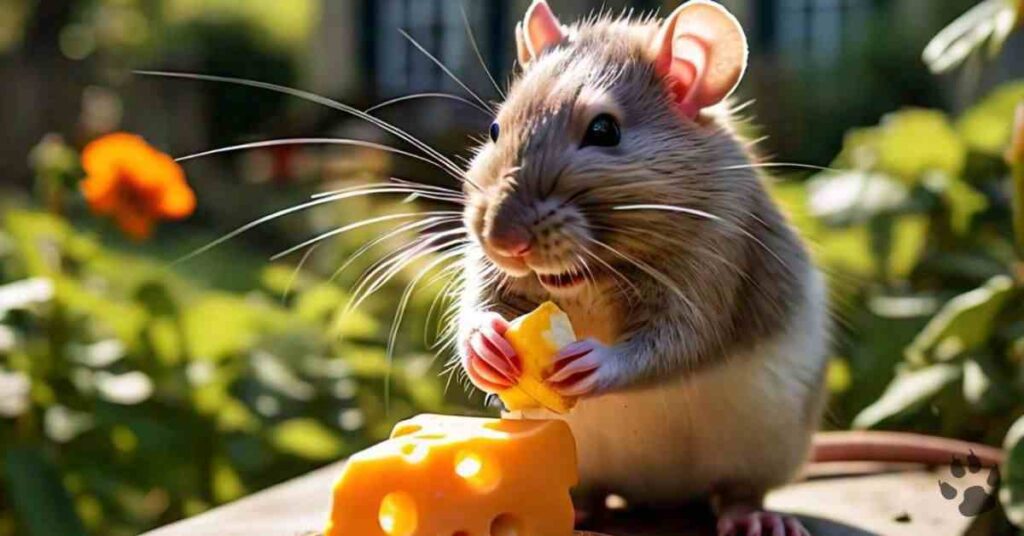
What Types of Cheese Are Not Safe?
Certain cheeses might be harmful to rats due to their ingredients and manufacturing processes.
Rats should avoid soft cheeses such as Ricotta and Brie because they can get stuck in their throat and cause choking, especially if they lack molars.
Additionally, cheeses like Queso, Gorgonzola, Feta, Mozzarella, and Blue Cheese should be avoided due to their mold content.
Before feeding, conduct thorough research because rats are omnivorous and consume almost anything; prioritizing safety over treats is crucial. Gouda is a safer cheese option for your pet rat.
Types of Dairy Cheese
Strong-smelling cheeses such as sharp cheddar, Limburger, gorgonzola, and muenster are often avoided by rats. They tend to go for softer cheeses such as Colby or mozzarella.
- Cheddar
- Swiss
- Parmesan
- Gouda
- Provolone
- Colby
- Monterey Jack
- American
- Havarti
- Muenster
What Kind of Cheeses Can Rats Eat Or Not?
| Cheeses Rats Can Eat | Cheeses Rats Can’t Eat |
|---|---|
| Appenzeller | American cheese |
| Cheddar | Brie |
| Colby | Blue cheese |
| Edam | Camembert |
| Emmental | Cream cheese |
| Goat cheese | Cottage cheese |
| Gouda | Feta |
| Gruyere | Gorgonzola |
| Red Leicester | Mascarpone |
| Muenster | Mozzarella |
| Parmesan | Monterey jack |
| Pepper jack | |
| Provolone | |
| Ricotta | |
| Queso Blanco | |
| Stilton | |
| Swiss |
Avoid feeding cheese to your pet rats all the time
To keep your pet rat healthy, it’s best not to give it cheese all the time. When rats eat cheese, they may get diarrhea and become sick.
How often can you feed cheese to your pet rat?
Choose cheeses from the safe list, and give your rat some cheese from time to time. It’s best to offer a small piece once a week.
Remember, if your rat doesn’t seem interested, try a different safe cheese. Rats should avoid eating too much cheese because it’s high in fat and can harm their health.
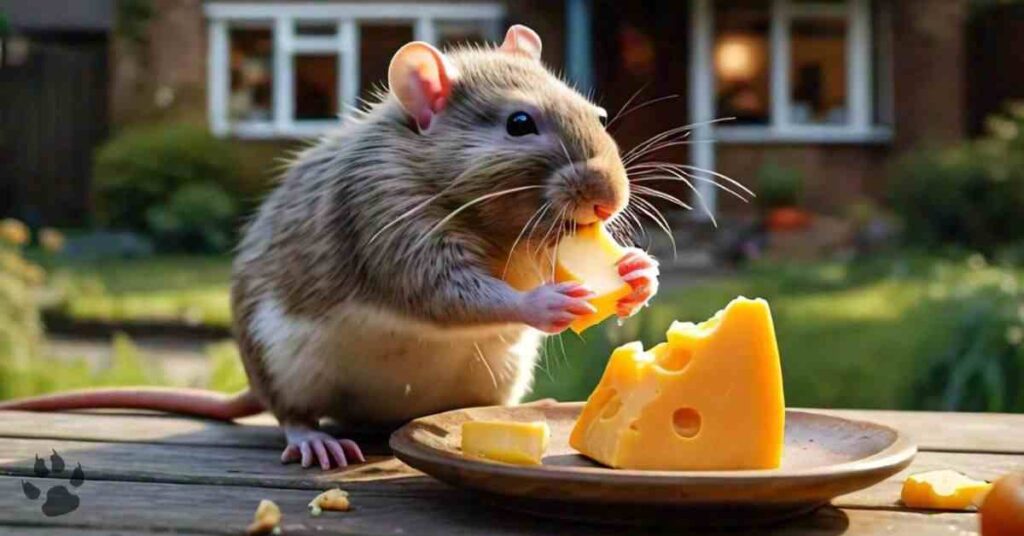
Where Does Cheese Fit In?
Cheese is made by combining animal milk with cultures. A rat might eat it, but it’s not what they usually eat. Most of the time, rats like sweet treats more than cheese.
Rat often prefers different snacks over this food when they have the option. If your rat likes cheese, keep an eye on how much they eat.
Can Rats Eat Cheddar Cheese?
You can give rats cheddar cheese sometimes. It has lower lactose, which makes it easier to digest. But because it has a lot of fat and salt, overeating can cause health problems like obesity and heart issues.
It’s best to offer it [cheese] sometimes along with pellets, fresh vegetables, and fruits to maintain a balanced diet and avoid overfeeding.
Can Rats Eat Cheese Puffs?
Cheese puffs are a type of snack that consists of puffed corn coated with cheese-flavored powder. Since the powder has very little cheese content, it’s probably okay for your pet rat, but only in limited amounts.
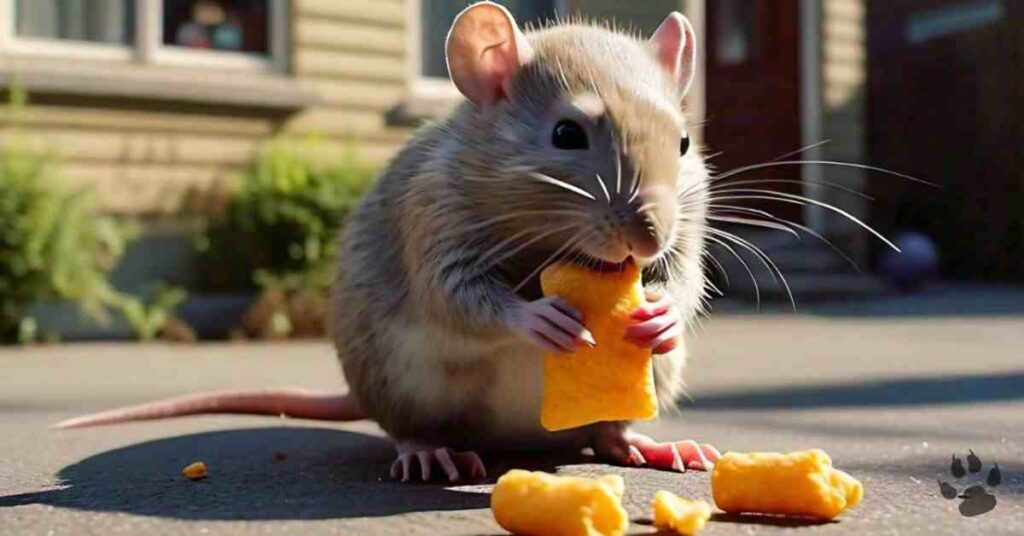
Can Rats Eat Cheese Balls?
Rats can eat cheese balls, but it’s not the healthiest option. Rats can develop health problems like obesity and heart issues from eating cheese balls because they are high in fat and salt.
Giving small treats occasionally is okay, but their health improves with a balanced diet of more nutritious foods. Ensure they don’t eat too much to prevent digestive problems.
Can Rats Eat Cheese Bread?
Cheese bread is safe for rats in small amounts, but it’s not good as their main food because it has a high amount of carbs and fat, which might make them gain weight and have stomach issues. It’s fine for pet rats as a treat with veggies and protein.
Can Rats Eat Cheese Crackers?
Rats shouldn’t eat cheese crackers because they contain too much salt and processed ingredients, which can cause obesity and high blood pressure. To keep rats healthy and meet their nutritional needs safely, feed them fresh fruits, veggies, and special rat pellets.
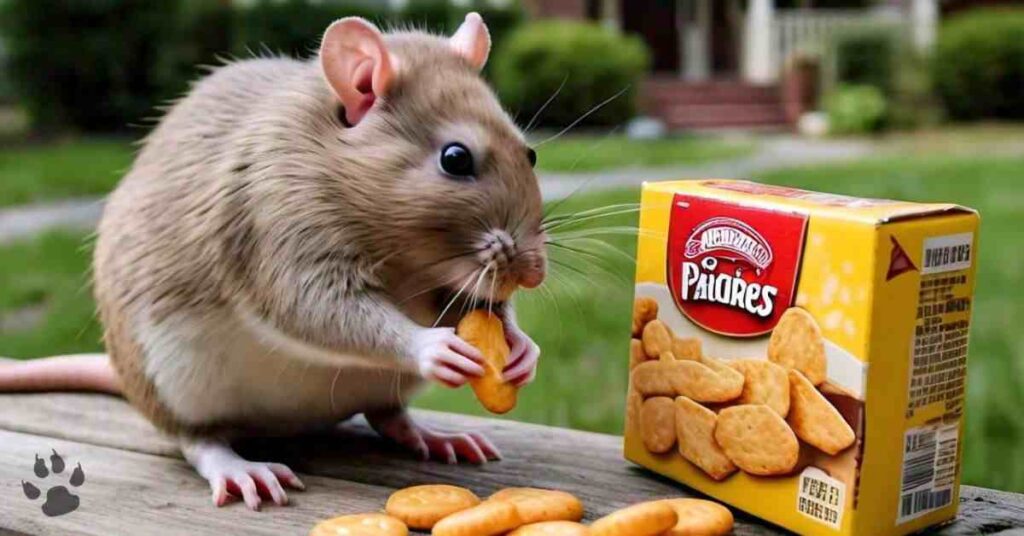
Can Rats Eat Vegetarian And Vegan Cheese?
It’s safe for rats to eat cheese without animal products, but check the ingredients present in it. Non-dairy cheeses often have additives not found in regular cheese, which might not be safe for rats.
Vegan and vegetarian cheeses often use ingredients like nuts, fungi, palm oils, or herbs as substitutes. Since there are different types, it’s wise to read labels to see if they’re okay for your rats.
You can give these cheeses to your rats, but consider how often you offer them, especially with additional ingredients.
Some Rats Don’t Love Cheese
Some people know rats don’t always prefer cheese, but there’s a myth that they can’t digest lactose, which isn’t correct. Not all rats can digest lactose, but most rats avoid cheese because they don’t like its smell or taste.
If your rat gets sick or has diarrhea from cheese, they might have trouble with lactose, so it’s best to avoid giving them more.
Do Mice Eat Cheese?
Do mice eat cheese? The answer to that question is: yes. Mice eat cheese when they find it, but their love for it isn’t as big as people say. Instead of eating a big block of Swiss or cheddar cheese, mice prefer other foods.
When a mouse gets into your home, it might start looking for items like cookies, crackers, candy, grains, and even peanut butter.
What Snacks Do Mice Prefer?
Searching for a snack for your mice? Try these pantry items instead:
- Peanut butter
- Pasta
- Broccoli
- Grapes
- Carrots
- Corn
- Eggs
- Bran cereal
- Granola
- Dried fruits
- Nuts
Other Foods That Rats Will Eat
- Fruits: Apples, bananas, grapes, strawberries, and berries.
- Vegetables: Carrots, broccoli, cucumber, peas, and leafy greens like spinach.
- Grains: Cooked rice, oats, pasta, and whole grains.
- Seeds and nuts: Sunflower seeds, pumpkin seeds, almonds (in moderation), and peanuts.
- Proteins: Cooked chicken, eggs, and tofu.
- Dairy: Yogurt (plain, unsweetened), in small amounts.
- Treats: Small amounts of dark chocolate, cereals (unsweetened), and occasionally small pieces of bread or crackers.
Curious about what scents might deter your pet rat? Check out our article on What Smells Do Rats Hate The Most?
Conclusion:
In Conclusion, rats can eat cheese in small amounts, but it’s not ideal for them as it might cause digestive issues and lack sufficient nutrition. Knowing which cheeses are safe for rats is crucial to avoid harm.
While rats may consume cheese, they prefer meats and nuts for their better nutritional value. Cheese should be given sparingly as a treat, ensuring they receive a balanced diet for overall health.
FAQs:
Can I feed my rat cheese?
Rats are not picky eaters, but cheese isn’t a treat for them. It is safe for them in small amounts, but they treat it as just another food source. It’s a good idea to give your rat a treat they enjoy more than cheese, even if cheese is safe for them.
Can rats eat raw, uncooked cheese?
Since cheddar cheese falls under raw queso, it makes sense that the answer is “yes.” Rats can eat raw, uncooked cheeses without any problems. More examples of uncooked cheeses are Morbier, Spanish Manchego, and Tomme de Savoie.
Is cheese bad for mice?
Mice can eat some types of cheese, like plain, low-fat cheese, in small amounts without harm. Cheese that’s spicy, moldy, or fatty can be harmful to mice, so it’s best to avoid it.
Can rats eat cheese strings?
Rats can have cheese strings, but ensure the cheese is safe. Cheese strings are strips of cheese that you can easily separate. If the cheese is safe on its own, the strings should be safe too, unless extra bits are added.
Can rats eat mac and cheese?
It’s not good for rats to eat mac and cheese. It has too much fat, salt, and fake ingredients that can make them sick. Rats stay healthy by eating a mix of grains, fruits, and veggies.
Can rats eat smoked cheese?
Smoking cheese only affects its taste sharpness, not its safety status. If there’s smoked cheddar, sharing a small amount with your rat is fine.
Can rats eat shredded cheese?
There’s no special diet concern with shredded cheese that separates it from other cheeses. Shredded cheese is as safe or risky as the original cheese in its whole form, like a wheel or brick.
Can Rats Eat Processed Cheese?
Since most processed foods aren’t good for diets, ideally, the answer should be ‘no’ here. Most people eat processed and unhealthy foods, so why not share them with your pets if you have them?
Can Rats Eat Blue Cheese?
Blue cheese isn’t good for rats as it has mold that can harm their health and cause digestion troubles. Stick to cheeses that are safer for rats, such as mild cheddar or mozzarella.
Can Pet Rats Eat Cheese?
Your pet rat can eat certain types of cheese. Choose plain cheeses and avoid creamy or additive-filled ones.
